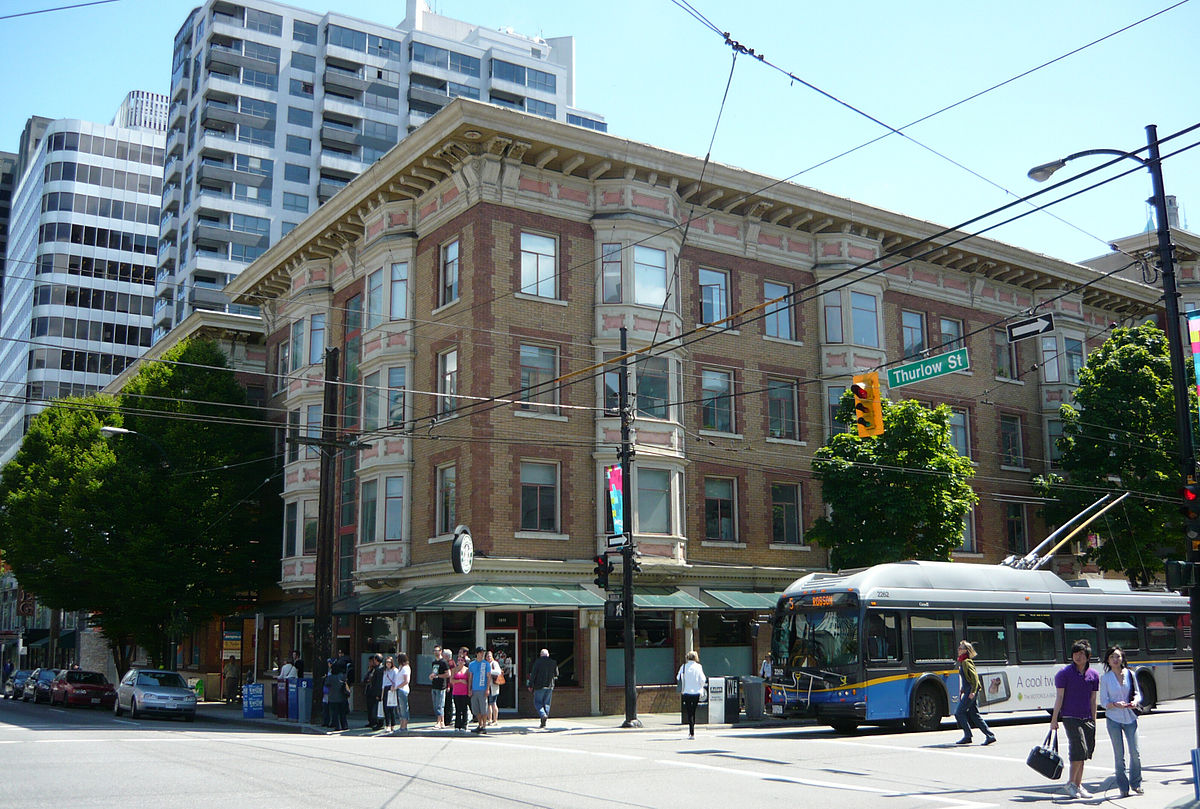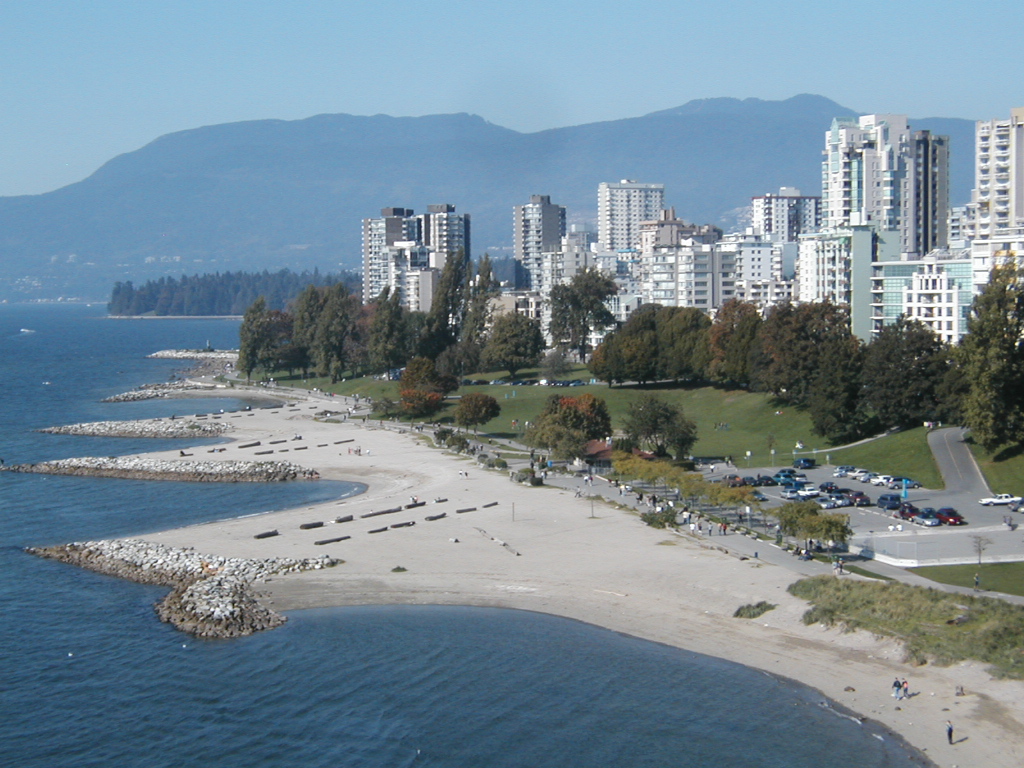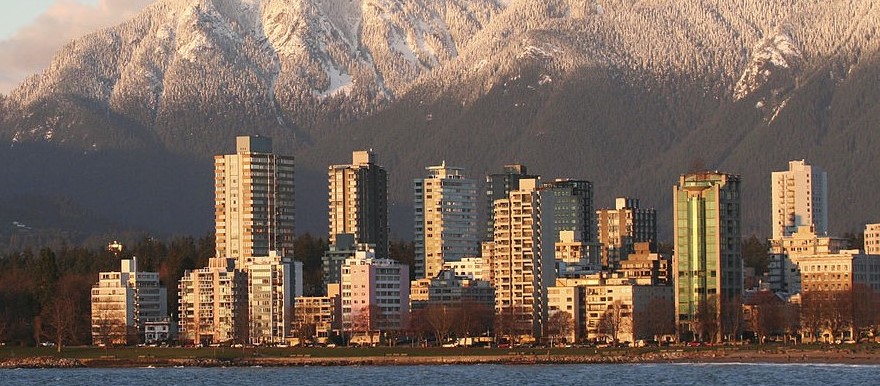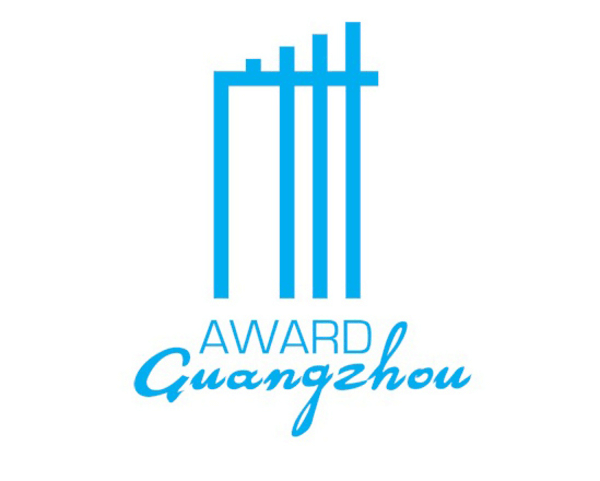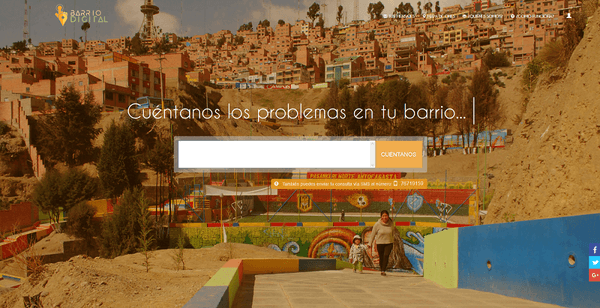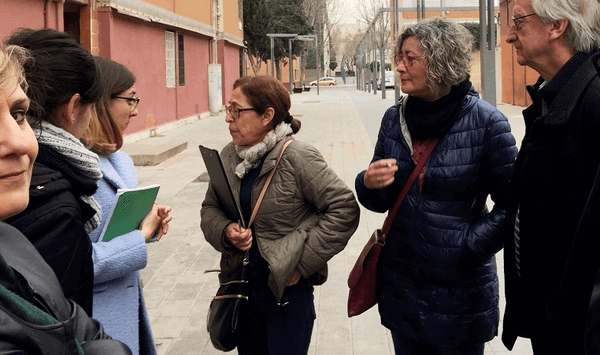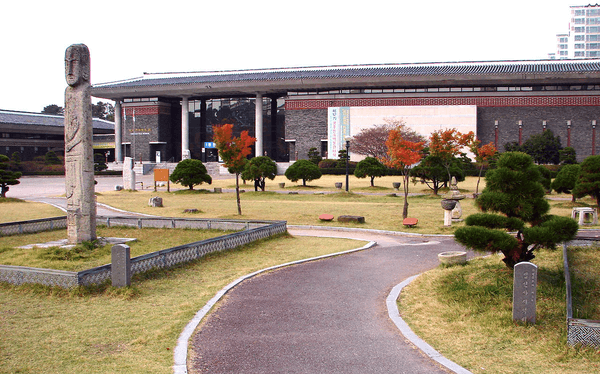City
Vancouver
Main actors
City Government, National Government, Private Sector, Community / Citizen Group, Public Utility
Project area
Inner City
Duration
Ongoing since 2013
The West End area of Vancouver is a livable neighbourhood that is home to a unique mix of people and places. It is a community that features a range of housing, land use, heritage buildings, transportation options and amenities. A growing population, ageing public facilities, an evolving economy and a changing climate provided the impetus for Vancouver City Council to engage with the community and business groups to develop the West End Community Plan.
The West End community planning process took place over 20 months, starting in April 2012, and was completed in four phases. There were a wide range of opportunities for individuals and organizations to become involved, share ideas, and provide feedback throughout the process.
The West End Community Plan was adopted by Vancouver City Council in November 2013. The policy framework in the plan provides clarity on the appropriate character, scale and land uses, identifies areas for growth, revitalisation and change, and identifies a strategy for providing new amenities and renewing or expanding existing public facilities. The policy directions in the plan will be realized through a variety of approaches, initiatives, tools and partnerships with community and business groups.
Guangzhou Award
This project was shortlisted for the 'Guangzhou Award' in 2014 in the following category: Deserving initiative.
External links / documents
On Map
The Map will be displayed after accepting cookie policy
